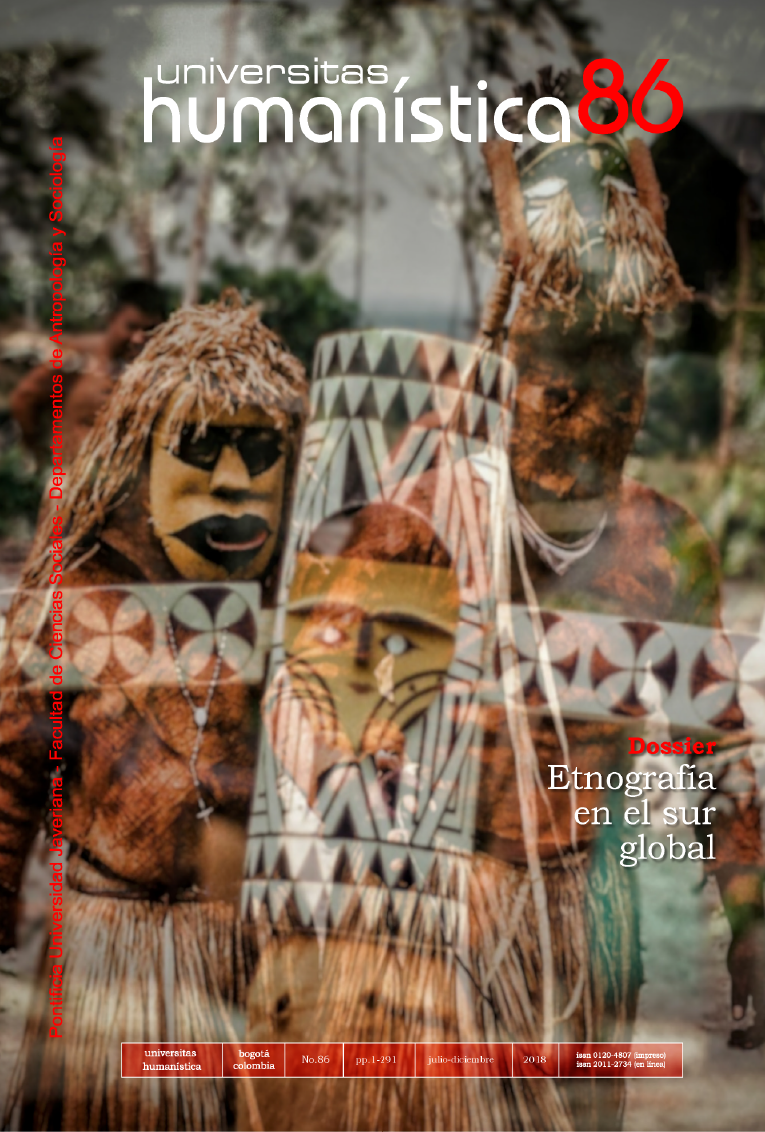Abstract
This is an epistemological text that aims to make a second-order observation. It is a reflective work on the position of those doing anthropology “from the south”, who have accompanied the people of Xochicuautla, municipality of Lerma, State of Mexico, in their resistance to a highway megaproject that would split in half their ancestral lands and community. The argument developed in this article refers, at first, to anyone who intends to do ethnographic work as an observer; in a second moment, it focuses on the observed object and the development of its capacity to think about itself, to delimit itself from an environment and to self-organize. The main results offered here are: the existence of a type of ethnographic work that contributes to the recovery of the historical being of the subject of study, with both a critical and an ethical sense distinct from the nomological-descriptive framework of Eurocentric anthropology; and a proposal for an epistemological rupture with modern Western thought and its aesthetics of representation.

This journal provides immediate open access to its content on the principle that making research freely available to the public, encourages greater global exchange of knowledge.
The journal Universitas Humanística is registered under a Creative Commons Attribution 4.0 International Public License. Thus, this work may be reproduced, distributed, and publicly shared in digital format, as long as the names of the authors and Pontificia Universidad Javeriana are acknowledged. Others are allowed to quote, adapt, transform, auto-archive, republish, and create based on this material, for any purpose (even commercial ones), provided the authorship is duly acknowledged, a link to the original work is provided, and it is specified if changes have been made. Pontificia Universidad Javeriana does not hold the rights of published works and the authors are solely responsible for the contents of their works; they keep the moral, intellectual, privacy, and publicity rights.
Approving the intervention of the work (review, copy-editing, translation, layout) and the following outreach, are granted through an use license and not through an assignment of rights. This means the journal and Pontificia Universidad Javeriana cannot be held responsible for any ethical malpractice by the authors. As a consequence of the protection granted by the use license, the journal is not required to publish recantations or modify information already published, unless the errata stems from the editorial management process. Publishing contents in this journal does not generate royalties for contributors.



